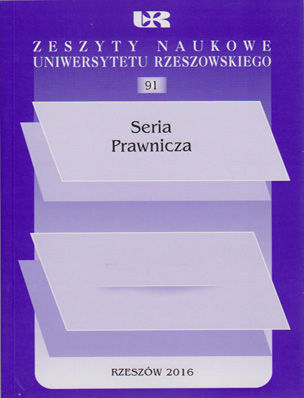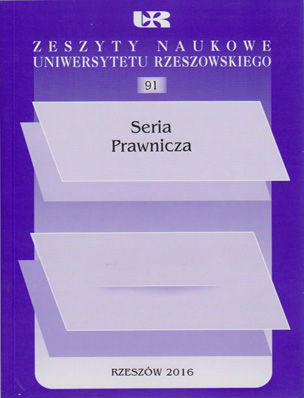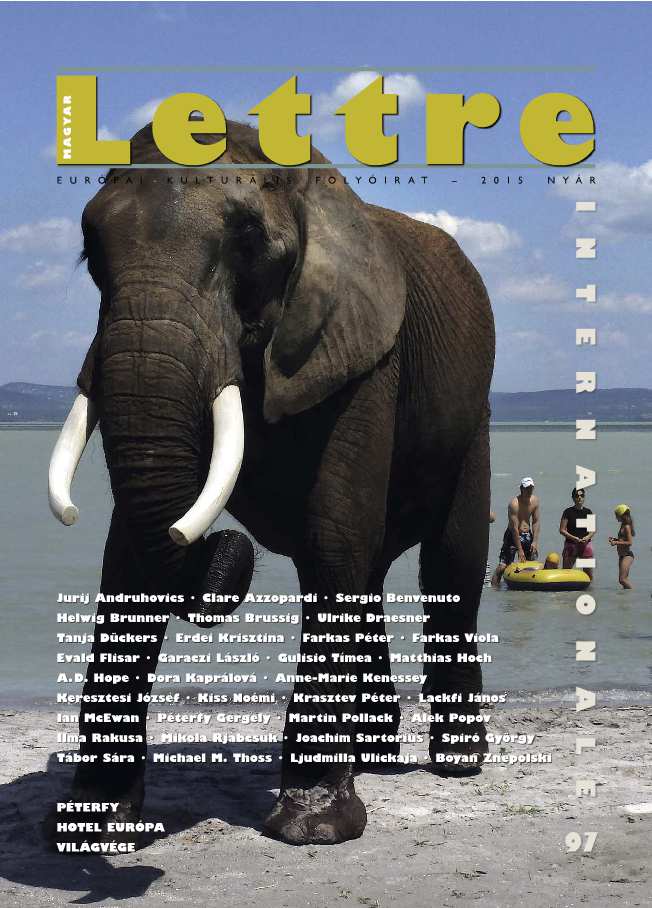
THE SUBJECTIVE PART OF THE OFFENCE OF CRIMINAL BREACH
PODMIOT I STRONA PODMIOTOWA PRZESTĘPSTWA NADUŻYCIA ZAUFANIA Z ART. 296 KODEKSU KARNEGO. WYBRANE ZAGADNIENIA
Keywords: offence of criminal breach of trust; subject of the crime (perpetrator); damage; property issues
This article explores the issue of the offence of criminal breach of trust, as defined in the article 296 the Penal Code of the Republic of Poland of June 6th, 1997. In particular, the subjective part of a crime was investigated and the characteristics of the subject of the crime (perpetrator) were given. Next, the author attempts to define the following terms: “dealing with”, “running”, “economic activity”, “entrepreneur” and “property issues”. This paper provides a fresh point of view on the offence of criminal breach of trust in the context of economic law and/or criminal law. Such approach will facilitate a deeper understanding of the issue and provide a basis for the diagnosis of many phenomena that may be relevant to future interpretations.
More...

